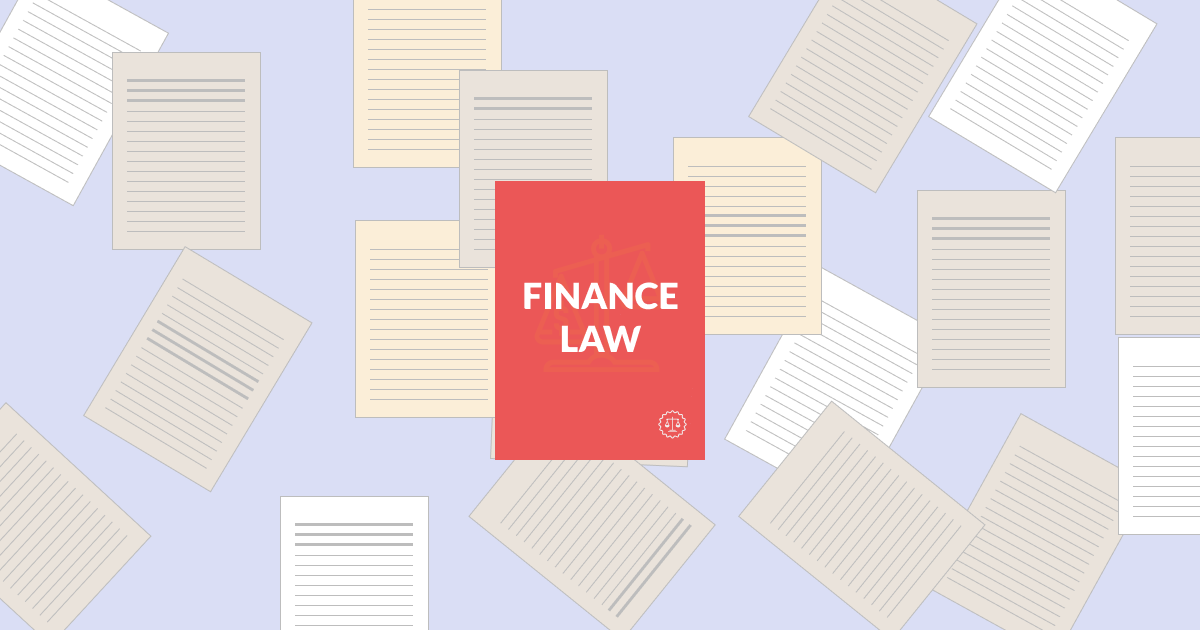Time for some trade by Barter. Give us your attention and we will give you the simplest breakdown of the newly assented Finance Law 2019.
Deal? Deal!
You, as an Individual
If you paid an additional N50 via a POS over the past few weeks, you would have an idea of the new laws on stamp duty.
The new Finance law 2019 in Nigeria mandates that businesses pay N10 for electronic transactions below N5, 000, N25 for electronic transactions between N5, 000 and N50, 000 and N50 for electronic transactions from N50, 000 and above.
Though the law recognizes that it is the responsibility of businesses to pay stamp duties while receiving payments within the stamp duty threshold, some may transfer such costs to consumers in reality. The CBN has declared this act as illegal here.
There is an exception to this, if you are moving money between your accounts in the same bank. In this case, your transactions are stamp-duty free.
Don’t forget that as an individual, Barter by Flutterwave allows you to send money fast with no hassles and guess what? It’s stamp-duty-free. You can even generate an instant VISA card for all your purchases. The choice is yours. GetBarter?
Something to note; Value Added Tax (VAT) has increased by 50%, from 5% to 7.5%. This means that your favourite supermarket may increase their prices a bit, just to cover for the 50% increase in VAT.
For an individual consumer, this may mean an average increase in prices. For a business, this may lead to an increase in cost of production.
However, some items have been added to the VAT exemption list and they include basic food commodities like garri and bread, tuition fees from nursery to tertiary education, sanitary towels produced in Nigeria etc.
Speaking of businesses, let’s see what the rest of the Finance Law 2019 means to you as a business owner.
You, as a Business Owner
Starting a New Business
Now, you got that business idea all scoped but you need a business account?
All Nigerian banks by law will require that you present a Tax Identification Number (TIN) before they open a business account for you. While they have always insisted on this, it is now backed by law.
Also, businesses that previously operated without providing the TIN will be mandated to provide that all-important number going forward.
Done with that?
To ice the cake, open a Flutterwave Merchant Account instantly (3mins) to accept payment seamlessly from anywhere in the world.
As an existing business
Let’s say your business is up, running and receiving payment with your trusted partner, Flutterwave and you remember that you have to pay some taxes as a responsible business.
You will only be eligible to pay Corporate Income Tax (CIT) if your revenue is N25m and above, per annum. If you make less than this amount, then you are still under the Nigerian Federal Government’s care and will pay 0% in CIT.
Hence, be calm and make more money.
However, if in the future, you make from N25m to N100m per annum, then you have to contribute to the family purse, if you want to see Nigeria as a family. As such, your CIT is 20% as against the same percentage for businesses making N500, 000 and above.
Nevertheless, if you pay within 90 days after your accounting year, you qualify for a tax bonus of 2%. From 20% in CIT, you get to pay 18% in CIT.
Let’s say you grow to become a big business making N100m and above per annum in revenue, your contribution to the family increases to 30% of your annual revenue. If you pay promptly, you get a 1% bonus which leaves you at 29%.
What if you do not make enough taxable profit to pay CIT, though you pass the N25m threshold? Stay with me.
Before now, the minimum tax is paid by companies with turnover from N500, 000 and above with no taxable profit for the accounting year. This new law streamlines and simplifies the process by levying a minimum tax of 0.5% of revenue in an accounting year for a business making N25m and above in revenue.
A close example is a family calling one of their struggling members and saying, “you are an adult and are supposed to contribute to the family, but we understand you are not making enough profit now. No worries. Just pay a minimum tax of 0.5% on all your revenue for the year, instead of the 20% your siblings are paying.”
If this sounds cool, let’s see what you think about this new law on email messages.
In a typical case of tech meets law, the Finance Law 2019 recognizes electronic mail as an admissible method of communication with tax authorities. You may have been communicating via email with FIRS, but now, you can take your emails to court as evidence if the need arises.
What if you want to close down your business and move on to greater things, or not?
You will have to go through a VAT de-registration process. So sorry you do not have the luxury of closing up quietly, especially if you’re closing down on a bad note.
Nonetheless, this is for businesses that have reached the VAT registration threshold of N25m per annum.
Call it bittersweet, but this new Finance Law will apparently allow small businesses enough time to blossom before bearing the burden of taxation.
The numbers are confusing, right? Your Flutterwave Business Profile will soon allow you to know the tax bracket you fall into, but it means you have to be using Flutterwave for your business activities!
Sign up here to grow your business with Flutterwave.
